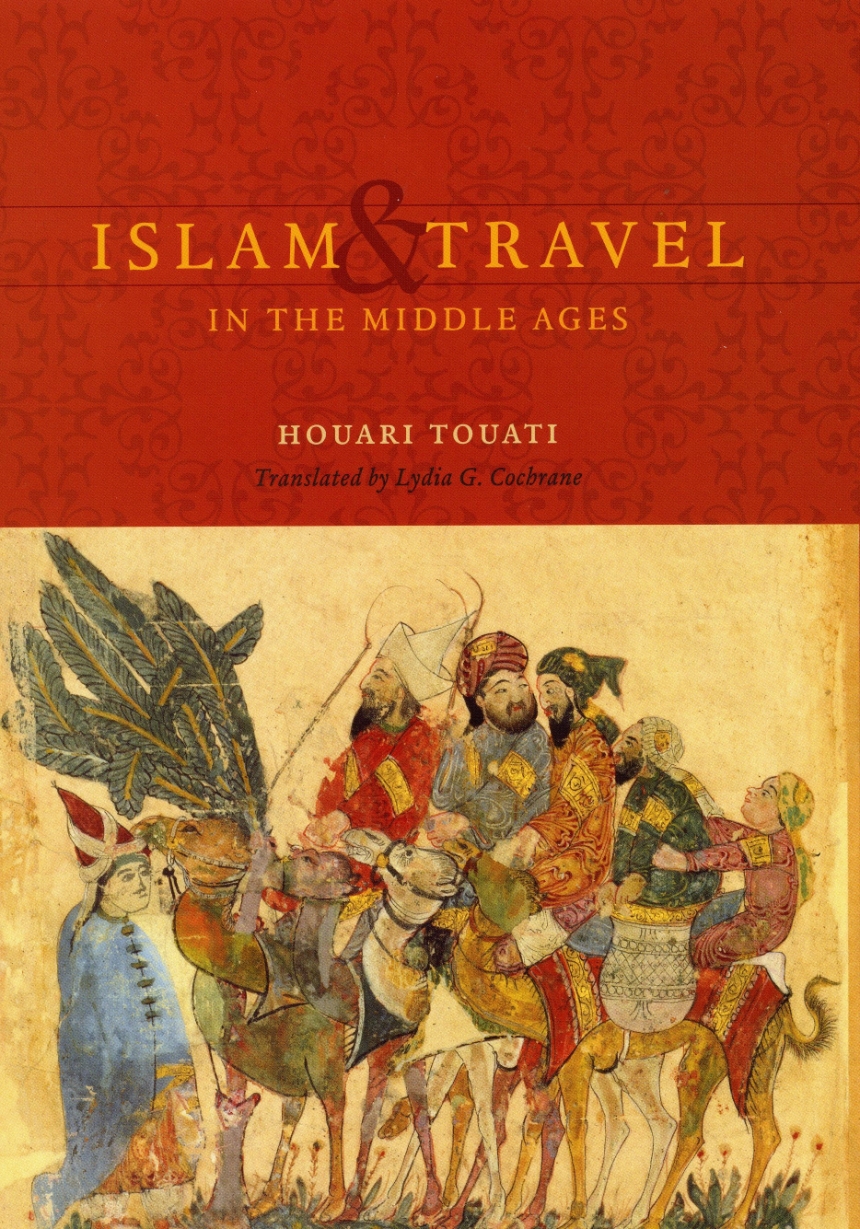Islam and Travel in the Middle Ages
In the Middle Ages, Muslim travelers embarked on a rihla, or world tour, as surveyors, emissaries, and educators. On these journeys, voyagers not only interacted with foreign cultures—touring Greek civilization, exploring the Middle East and North Africa, and seeing parts of Europe—they also established both philosophical and geographic boundaries between the faithful and the heathen. These voyages thus gave the Islamic world, which at the time extended from the Maghreb to the Indus Valley, a coherent identity.
Islam and Travel in the Middle Ages assesses both the religious and philosophical aspects of travel, as well as the economic and cultural conditions that made the rihla possible. Houari Touati tracks the compilers of the hadith who culled oral traditions linked to the prophet, the linguists and lexicologists who journeyed to the desert to learn Bedouin Arabic, the geographers who mapped the Muslim world, and the students who ventured to study with holy men and scholars. Travel, with its costs, discomforts, and dangers, emerges in this study as both a means of spiritual growth and a metaphor for progress. Touati’s book will interest a broad range of scholars in history, literature, and anthropology.
304 pages | 1 map | 6 x 9 | © 2010
Geography: Cultural and Historical Geography
History: Middle Eastern History
Literature and Literary Criticism: Classical Languages
Religion: Islam
Reviews
Table of Contents
Preface to the English-Language Edition (2010)
Acknowledgments (2000)
Introduction
Chapter 1: Invitation to the Voyage
The ‘ilm, an Onomastic Emblem
A Catastrophic Theory of Knowledge
The Genealogical Structure of Knowledge
Chapter 2: The School of the Desert
Linguists and Bedouins
The Stay in the Desert
A Geography of Pure Language
A Theory of the Stay in the Desert
Chapter 3: The Price of Travel
Financing a Voyage
Paying a Personal Price
Terminus
Chapter 4: Autopsy of a Gaze
The Eye of the Popeyed Man
A Geographer in His Study
The Experience of the Voyage
A Clinical Look at Muslim Verismo
Muqaddasi, Strabo, and Greek Science
Chapter 5: Attaining God
The Theory of the Errant Life
Topographical Writing
Sufism as a Crossing of the Desert
The Voyage to Syria
Entering into the Desert
Society and Its Obverse
Chapter 6: Going to the Borderlands
The Ulemas and Jihad
An Ideology of Combat
Jihad and Hagiography
Chapter 7: Writing the Voyage
Narrating an Absence
The Extraordinary in the Voyage
The Travel Letter
An Art of Travel
A Return to the Travel Narrative
Conclusion: The Journey to the End of the Same
Chronological List of Principal Travel Accounts
Glossary
Bibliography
Index